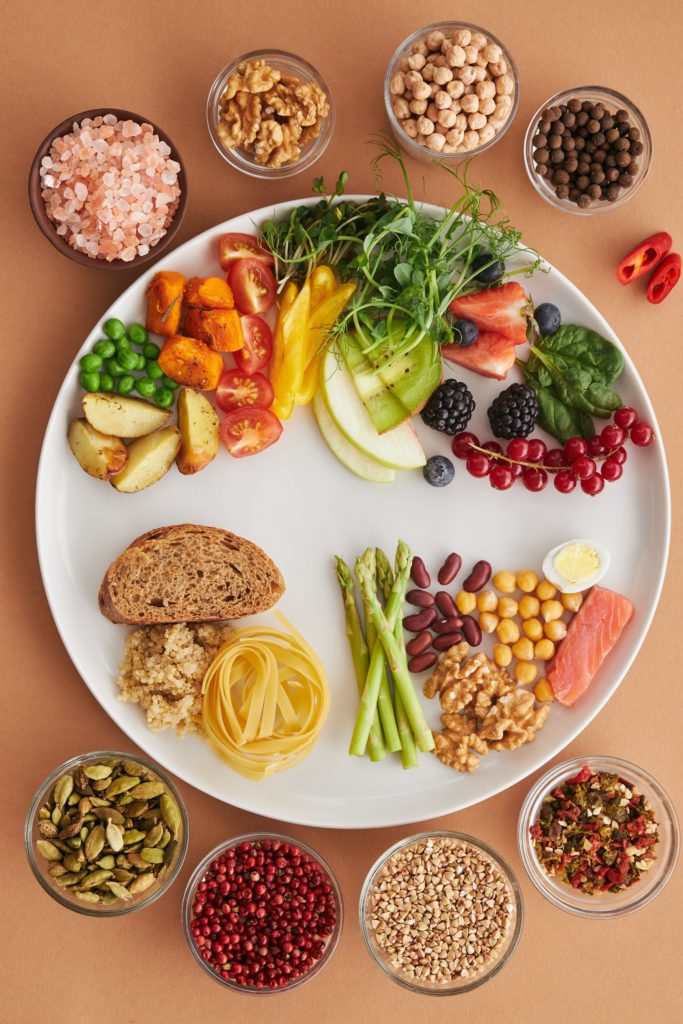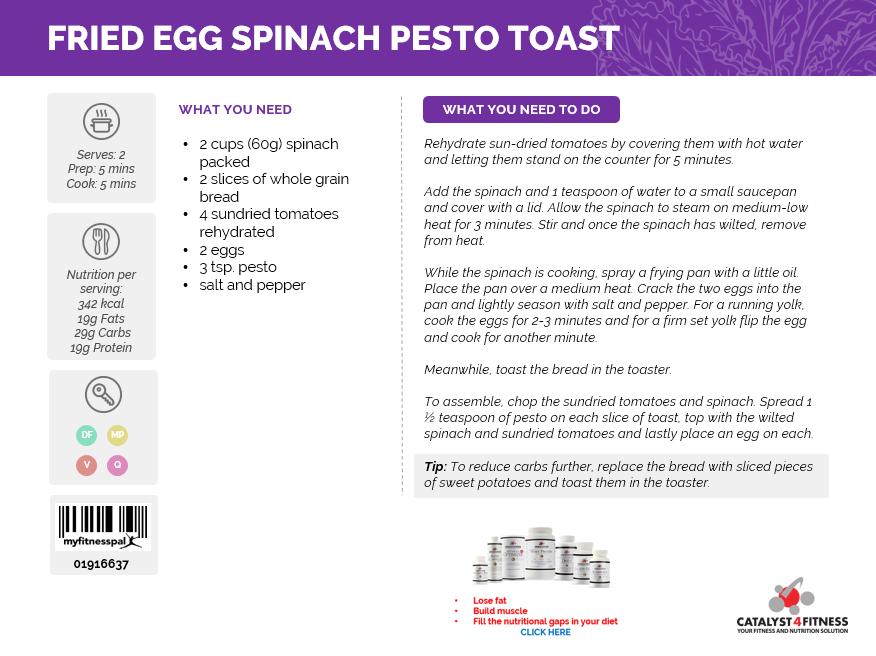Foods to Help Menopause
Posted under: General Health, Nutrition
Menopause is a natural process for every woman and learning about foods to help manage the symptoms can make it smoother and less stressful. These are 10 tips you can start immediately.
Nutrition Updates for a Balanced Diet
- Boost Healthy Fats Intake
- Incorporate more Omega-3 rich foods like salmon, avocado, and flaxseeds into your diet.
- Healthy fats contribute to hormone balance and improved cognitive function.
- Mindful Protein Choices
- Prioritize lean protein sources like skinless chicken, turkey, beans, and lentils.
- Protein aids in muscle maintenance and tissue repair during exercise.
- Calcium and Vitamin D Duo
- Calcium helps protect your bone health during menopause.
- Supplement with vitamin D as it aids efficient calcium absorption.

Nutrient-Rich Foods to Combat Fatigue
- Iron-Rich Superfoods
- Include iron-rich spinach, kale, beetroot, and liver to support energy levels.
- Iron deficiency can contribute to fatigue during menopause.
- Fiber Powerhouses
- Whole grains, fruits, and vegetables provide essential fiber.
- Fiber helps regulate blood sugar levels and keeps you feeling fuller for longer.
- B-Complex Vitality
- B vitamins play a crucial role in energy metabolism and red blood cell production.
- Try fortified cereals, beans, and citrus fruits for a good dose of B vitamins.
Fitness Routine and Nutritional Synergy
- Protein Post-Workout
- Consume protein within 30 minutes of exercise to optimize muscle recovery.
- Pair yogurt with berries or eggs with whole-grain toast for a balanced snack.
- Hydration Before, During, and After Exercise
- Water is a fundamental necessity during exercise.
- Stay hydrated throughout your workout session.
- Carbohydrate Balance
- Complex carbohydrates offer steady energy release for longer workouts.
- Include sweet potatoes, quinoa, or brown rice in your meals.
- Supplements for Enhanced Performance
- Consider supplements like creatine, glutamine, or BCAAs for improved muscle recovery and increased energy levels.
Adjusting nutrition and exercise during menopause is not just about shedding extra pounds; it is about cultivating a vibrant and resilient body. By integrating these recommendations into your lifestyle, you’ll set yourself up for a more energetic and empowered menopausal journey.

